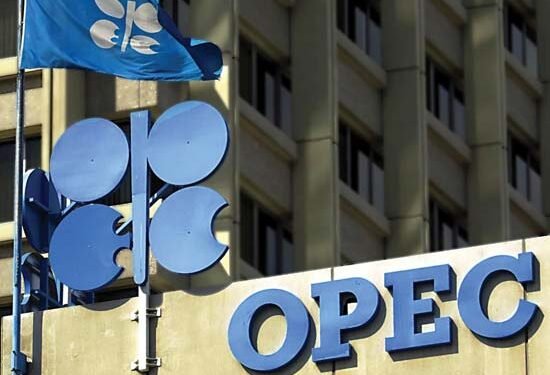Monday the 14th of September 2020 marked six decades the Organization of the Petroleum Exporting Countries (OPEC) was formed.
On this day in 1960 in Baghdad Iraq, the five Founding Fathers of OPEC, Juan Pablo Pérez Alfonzo of Venezuela; Abdullah al-Tariki of Saudi Arabia; Dr Tala’at al-Shaibani of Iraq; Dr Fuad Rouhani of Iran; and Ahmed Sayed Omar of Kuwait gathered together in the Al-Shaab Hall in Baghdad, to midwife OPEC into the world.
OPEC was founded on the premise of cooperation during the ‘Baghdad Conference’. Pérez Alfonzo said after the meeting: “We are now united. We are making history.”
OPEC’s objective is to co-ordinate and unify petroleum policies among Member Countries, in order to secure fair and stable prices for petroleum producers; an efficient, economic and regular supply of petroleum to consuming nations; and a fair return on capital to those investing in the industry.
Following the establishment of OPEC, it registered at the United Nations (UN) Secretariat on 6 November 1962, under UN Resolution No 6363, initiating a number of landmark decisions, such as the ‘Declaratory Statement of Petroleum Policy in Member Countries’ in 1968 and expanding its Membership.
The five pioneer countries were later joined by Qatar (1961), Indonesia (1962), Libya (1962), the United Arab Emirates (1967), Algeria (1969), Nigeria (1971), Ecuador (1973), Gabon (1975), Angola (2007), Equatorial Guinea (2017) and Congo (2018).
Ecuador suspended its membership in December 1992, rejoined OPEC in October 2007, but decided to withdraw its membership of OPEC effective 1 January 2020. Indonesia suspended its membership in January 2009, reactivated it again in January 2016, but decided to suspend its membership once more at the 171st Meeting of the OPEC Conference on 30 November 2016. Gabon terminated its membership in January 1995. However, it rejoined the Organization in July 2016. Qatar terminated its membership on 1 January 2019.
This means that, currently, the Organization has a total of 13 Member Countries.
Sixty years on, the Organization that is an integral part of the international energy community and the multilateral system.
It is widely consulted on oil industry affairs, remains firmly committed to secure and steady supplies and fair returns to investors, Member Countries run their own domestic oil sectors across the entire value chain, and the Organization has expanded its activities to champion issues affecting mankind as a whole.
The OPEC Secretariat is the executive organ of the Organization of the Petroleum Exporting Countries (OPEC). Located in Vienna, it also functions as the Headquarters of the Organization, in accordance with the provisions of the OPEC Statute.
On its 60th anniversary, Mohammad Sanusi Barkindo, OPEC Secretary General said: “I often think back to that day in 1960, the mood in Baghdad, how those visionaries envisaged the future of OPEC and the oil industry. What is clear is that what was set in motion has stood the test of time; OPEC still has the same core objectives, of order and stability in global oil markets, but its role has also broadened considerably, in terms of deeper cooperation with other producers, dialogue with a host of industry stakeholders, and an embrace of human concerns such as sustainable development, the environment and energy poverty eradication.”
The oil cartel in a press release said “Looking ahead, the Organization stands ready to meet the many challenges we shall face as we enter the next 60 years of our history. We remain focused on a balanced and stable oil market, in the interests of both producers and consumers, as most recently exhibited through the Declaration of Cooperation and the historic production adjustments of 2020; further elevating dialogue and cooperation through the Charter of Cooperation; and providing options and solutions to some of the major challenges facing humankind, such as sustainable development and energy poverty alleviation.”
Written by;
Ifunanya Ikueze






















































